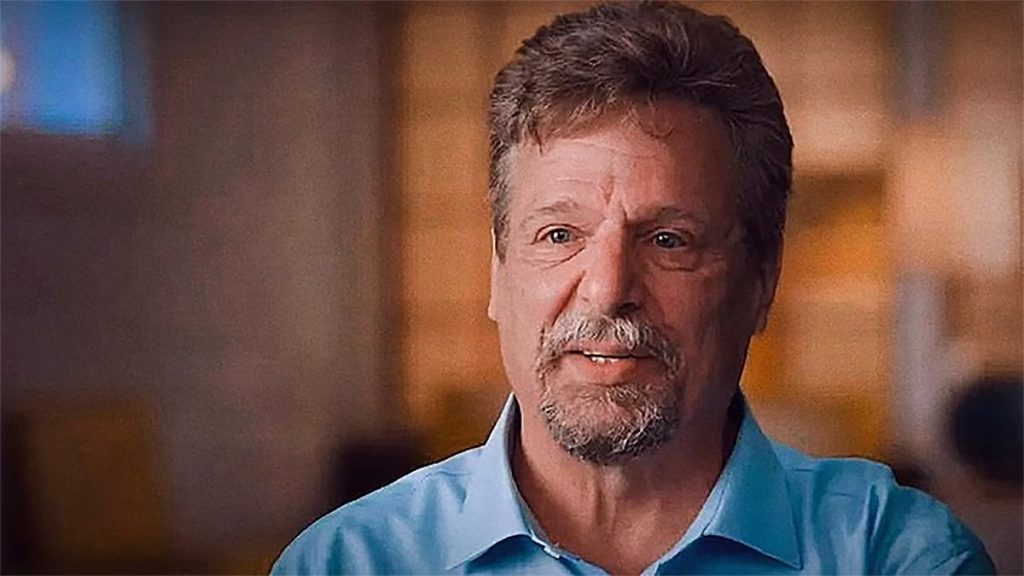John Barnett, a quality control engineer at Boeing for 32 years, was found dead in a hotel in March from a self-inflicted gunshot wound. Before his death, he had alleged that Boeing intentionally used defective parts in its planes and warned about potential oxygen issues for passengers on the 787 Dreamliner in case of sudden decompression. Barnett had traveled to Charleston, South Carolina, to provide testimony as part of a lawsuit against Boeing, and was set to resume his testimony on 9 March. However, he did not respond to a courtesy call on that day, leading to a wellness check where he was found deceased with a gunshot wound.
An autopsy report released by the Charleston County Coroner stated that Barnett had been suffering from chronic stress, anxiety, and post-traumatic stress disorder (PTSD) due to the lawsuit. The cause of death was listed as suicide. Surveillance footage showed Barnett exiting his hotel before he was found in the parking lot with a gun in his hand and a suicide note on the passenger seat. This tragic incident came shortly after the death of another Boeing whistleblower, Joshua Dean, who passed away in the hospital following a fast-moving infection in early May.
Attorney Brian Knowles, who represented both Barnett and Dean, described them as heroes who wanted to help the company do better. He emphasized that he did not want these tragedies to discourage other whistleblowers from speaking up and that there are other individuals who have come forward with concerns about safety practices within Boeing. One such individual, Santiago Paredes, a former quality manager for Spirit AeroSystems, claimed that he was pressured to overlook defects when inspecting fuselages for Boeing’s 737 Max aircraft. Paredes revealed in an interview that he worked on the production line at Spirit AeroSystems for about a decade and was urged to downplay any issues he found.
The deaths of Barnett and Dean have raised concerns about the safety and well-being of whistleblowers who come forward with information about potential corporate misconduct. It is essential for individuals who witness unethical behavior or safety hazards to be able to speak out without fear of retribution. Mental health support resources, such as the Samaritans in the UK and ROI, and the National Suicide Prevention Helpline in the USA, are available for those experiencing distress or struggling to cope. It is crucial to prioritize mental health and well-being, particularly in high-pressure environments or when facing challenging circumstances.


